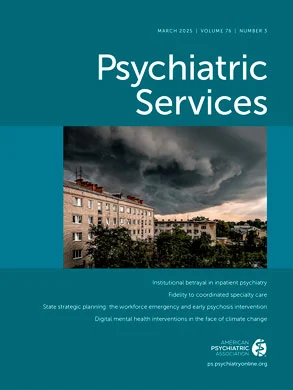This book grew out of a 2008 conference of leading researchers, with backgrounds ranging from psychiatry to economics and policy. The participants were asked to consider how housing policies influence homelessness. The book presents two prevailing viewpoints. One view holds that people are homeless because of personal problems, such as mental illness or addictions. Those with this point of view stress the need to address these problems with programs such as case management, supported housing, payeeship, behavioral money management, and supported employment. An excellent chapter by Sam Tsemberis describes the evidence-based housing-first program, which provides housing and support services but does not require psychiatric treatment or sobriety as a condition for obtaining housing. Participants have to accept only a weekly staff visit to their apartment as well as the terms and conditions of a standard lease with full tenant rights and payment of 30% of their income toward the rent.
The other point of view, which takes up the second part of the book, focuses not on treatment and rehabilitation but on housing policy. The reader will find excellent chapters on reducing homelessness by the use of rental subsidies; on fundamental housing policy reforms to end homelessness, such as replacing the current system of low-income housing programs with an entitlement program of tenant-based assistance; on housing market regulation and homelessness; and on shelters, including their advantages and disadvantages.
How to House the Homeless explores a middle ground between the two opposing views by examining how housing markets affect homelessness. As such, it makes a major contribution to understanding homelessness and its many complex issues.
This book lacks a section on emergency psychiatric intervention on the streets, especially a discussion of Project HELP (the Homeless Emergency Liaison Project). Its inclusion would have been easy, given that Tsemberis was one of the leaders of this program. Project HELP functioned as an outreach team that provided crisis, medical, and psychiatric services to impaired homeless persons in New York City. If homeless persons required psychiatric hospitalization, the project was empowered to bring them voluntarily or involuntarily to Bellevue Hospital for treatment, and when their condition stabilized, the project placed them in housing. Project HELP was responsible for getting many homeless persons off the streets and into stable housing.

